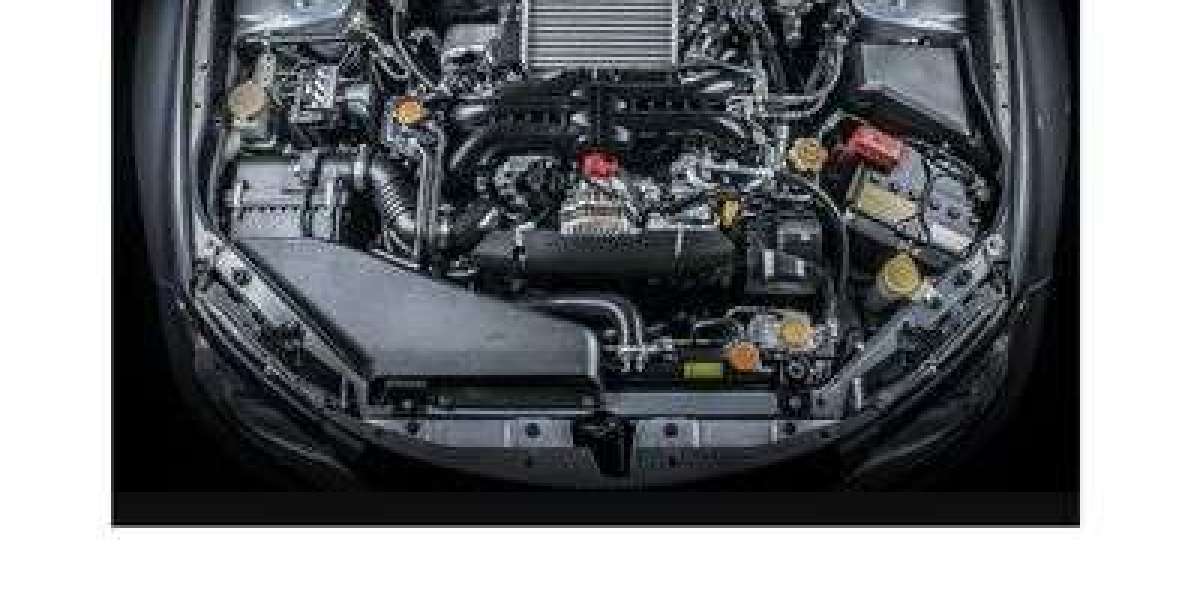The Power Behind Hyundai: A Deep Dive into Hyundai Engines
Hyundai Motor Company, a South Korean automotive giant, has earned a global reputation for building reliable, efficient, and innovative vehicles. One of the key factors contributing to Hyundai’s success is its engine technology. Over the decades, Hyundai has developed a wide range of engines to power everything from compact sedans to high-performance sports cars and eco-friendly electric vehicles. This article explores Engine for Hyundai journey, its current offerings, technological advancements, and the brand’s commitment to a more sustainable future.
A Brief History of Hyundai Engine Development
Hyundai started its automobile production in the late 1960s, initially relying on licensed engines from other manufacturers. One of the early models, the Hyundai Pony, used a Mitsubishi engine. For several years, Hyundai continued to depend on partnerships with companies like Mitsubishi and Ford to supply its powertrains.
However, in the 1990s, Hyundai began investing heavily in its own research and development to become self-reliant. This resulted in the launch of its first in-house engine in 1991 – the Alpha engine. It marked a turning point for Hyundai, paving the way for the company to design and manufacture its own engines, tailored specifically to its vehicles.
Engine Types and Key Offerings
Today, Hyundai offers a wide array of engines catering to different segments, from fuel-efficient compact engines to powerful turbocharged variants. Below are the primary engine types currently found in Hyundai vehicles:
1. Gasoline Engines
Hyundai’s gasoline engines have become synonymous with efficiency and reliability. These engines range from small displacement 1.0L and 1.2L 3-cylinder units found in compact cars like the Hyundai i10, to larger 2.5L 4-cylinder engines in models like the Sonata and Tucson.
Hyundai's Smartstream G series engines represent the latest generation of gasoline engines, incorporating technologies such as dual injection systems, integrated thermal management, and Continuously Variable Valve Duration (CVVD) to improve fuel economy and reduce emissions.
2. Diesel Engines
Although less popular in markets like North America, Hyundai continues to produce diesel engines for regions where diesel vehicles remain in demand. Their U-series and R-series diesel engines offer a balance of power and fuel efficiency, often used in SUVs and commercial vehicles.
3. Turbocharged Engines
For drivers who demand more performance, Hyundai offers turbocharged engines across several models. The 1.6L Turbo GDI engine, for example, delivers excellent power-to-weight ratios and is used in models like the Elantra N Line and Kona N.
The 2.0L turbocharged engine in the Hyundai Sonata N Line and Elantra N provides exhilarating performance, making these models serious contenders in the sporty sedan category.
4. Hybrid and Plug-in Hybrid Engines
Hyundai has also made significant strides in hybrid technology. Models like the Hyundai Ioniq, Sonata Hybrid, and Tucson Hybrid use a combination of a gasoline engine and an electric motor to optimize fuel efficiency and lower emissions. These systems typically use a 1.6L Atkinson-cycle engine paired with an electric motor and lithium-ion battery pack.
5. Electric and Hydrogen Fuel Cell Powertrains
Though technically not engines in the traditional sense, Hyundai’s development of electric motors and hydrogen fuel cell technology deserves special mention. The Ioniq 5 and Ioniq 6 feature electric motors powered by high-capacity batteries, offering up to 361 miles of range (EPA-rated) and rapid charging capabilities.
In addition, Hyundai is one of the few global automakers investing in hydrogen fuel cell technology, with the Hyundai NEXO being a leading example. The NEXO uses a hydrogen fuel cell stack to generate electricity and emits only water vapor.
Cutting-Edge Technology and Innovations
Hyundai’s engine technology continues to evolve with innovative features that improve performance, efficiency, and emissions. Some of the notable technologies include:
CVVD (Continuously Variable Valve Duration): This allows Hyundai engines to adjust how long intake valves stay open, improving both fuel efficiency and engine performance.
GDI (Gasoline Direct Injection): Direct injection allows for better fuel atomization, more precise combustion, and reduced fuel consumption.
Thermal Management Systems: Smart thermal systems warm up or cool down engine components quickly, reducing energy loss and emissions.
Mild Hybrid Systems: Integrated Starter Generators (ISGs) assist traditional engines, improving fuel economy during idling and acceleration.
Hyundai N Performance Engines
Hyundai’s N Division, its high-performance sub-brand, has introduced engines designed for enthusiast drivers. The 2.0L turbocharged engine in the Elantra N and i30 N, for example, delivers over 275 horsepower, enhanced by electronically controlled suspension, active exhaust valves, and launch control.
This move into the performance market has helped Hyundai gain credibility among driving enthusiasts and compete with European performance brands.
Future of Hyundai Engines
Hyundai has publicly committed to becoming a leader in zero-emissions mobility. As part of its “Strategy 2025”, the company aims to have 30% of its global vehicle sales electrified by 2030. This includes a significant shift toward battery-electric vehicles (BEVs) and hydrogen-powered vehicles.
However, Hyundai is not abandoning internal combustion engines (ICEs) entirely just yet. The company continues to improve the efficiency and cleanliness of its ICE offerings while using hybrid technology as a transitional step toward full electrification.
Conclusion
Hyundai’s engine lineup showcases the company’s commitment to performance, efficiency, and sustainability. From early days of relying on external suppliers to developing cutting-edge engines like CVVD and hydrogen fuel cells, Hyundai has come a long way. Whether you're looking for a practical commuter car, a sporty sedan, or a zero-emissions SUV, Hyundai's diverse engine technology offers something for every type of driver. As the automotive world continues to evolve, Hyundai is well-positioned to lead the way into a cleaner, more powerful future.













